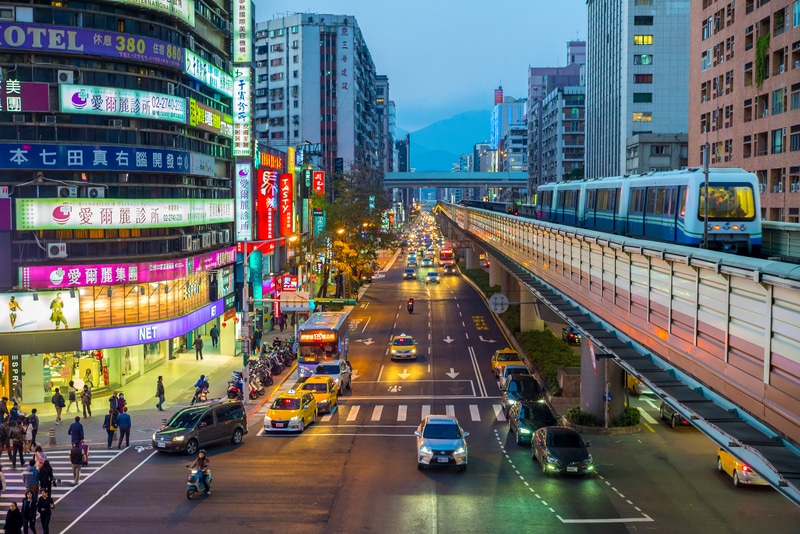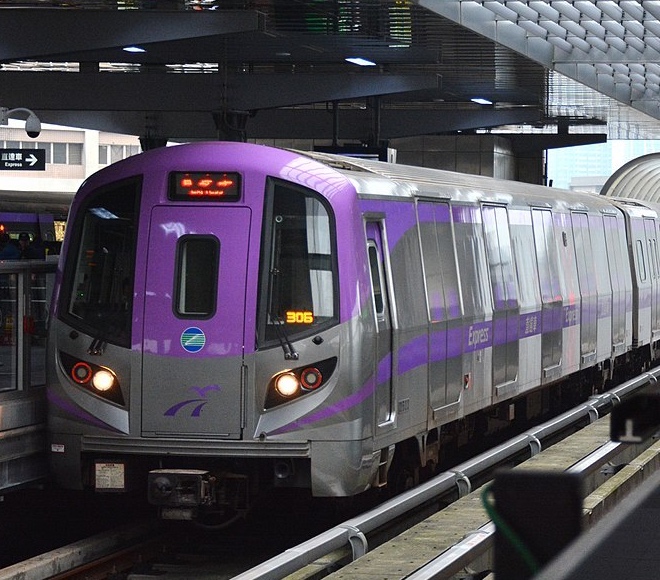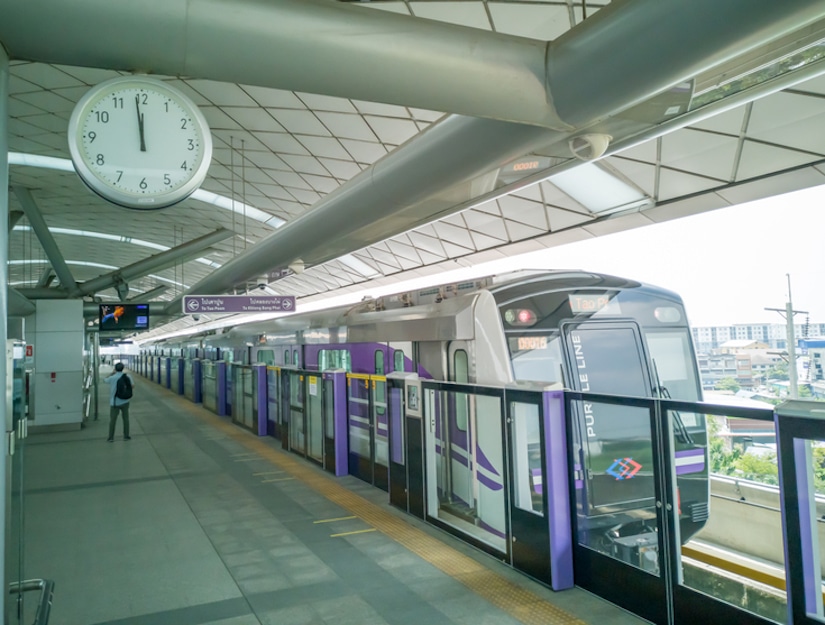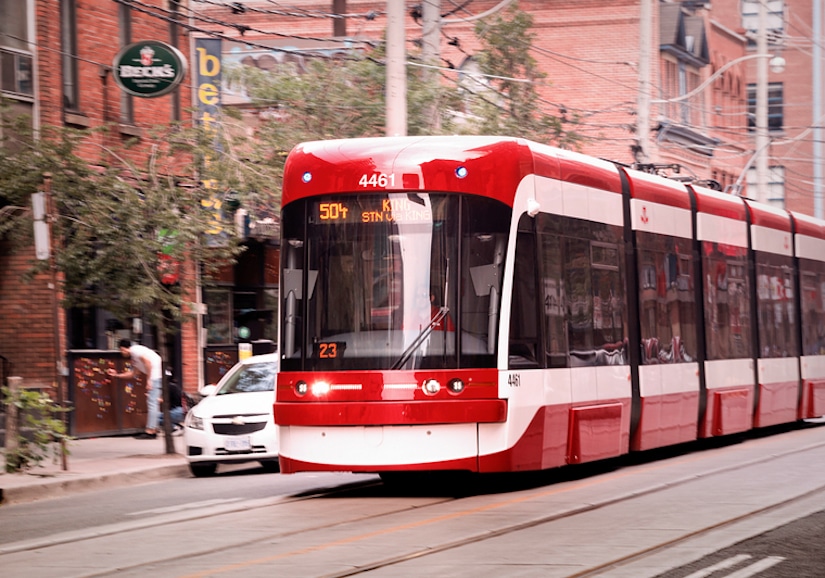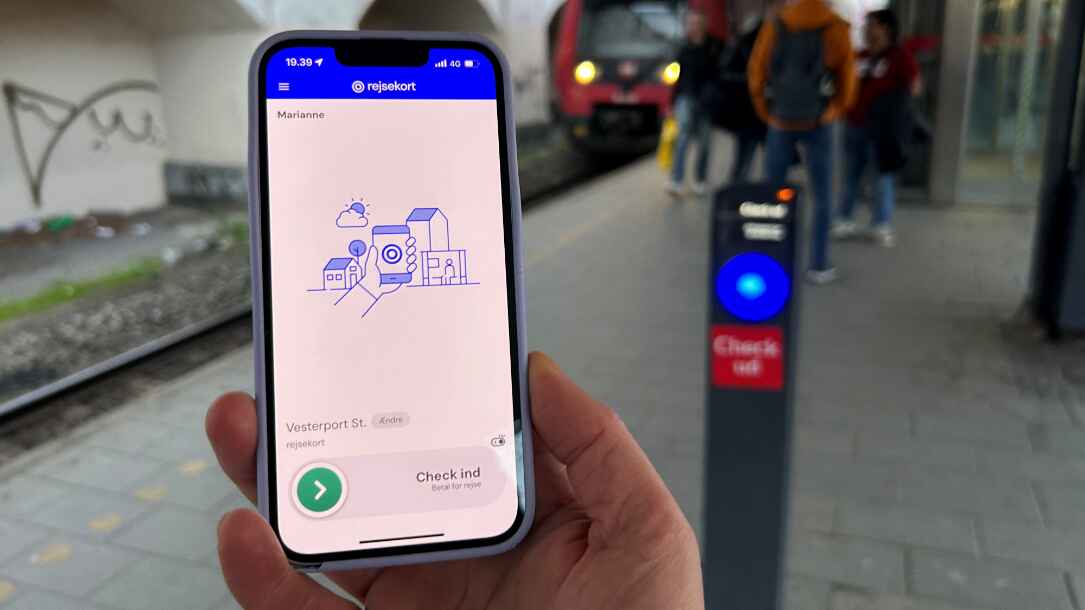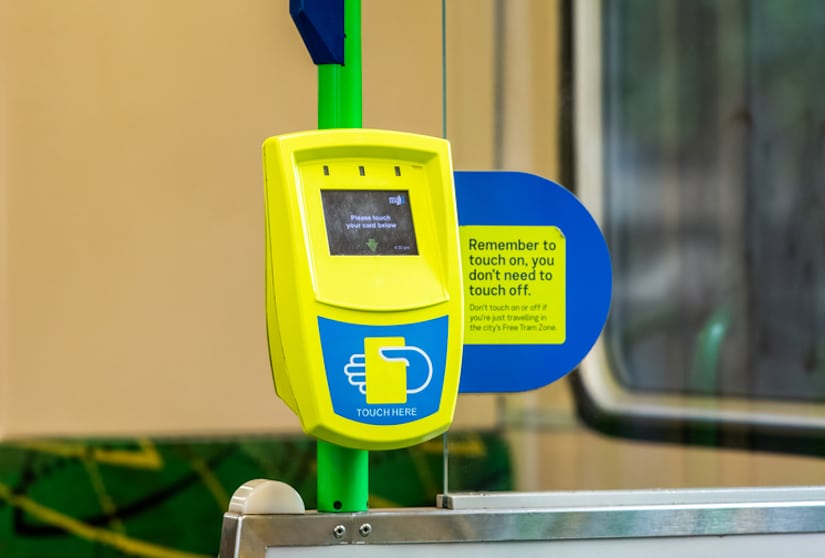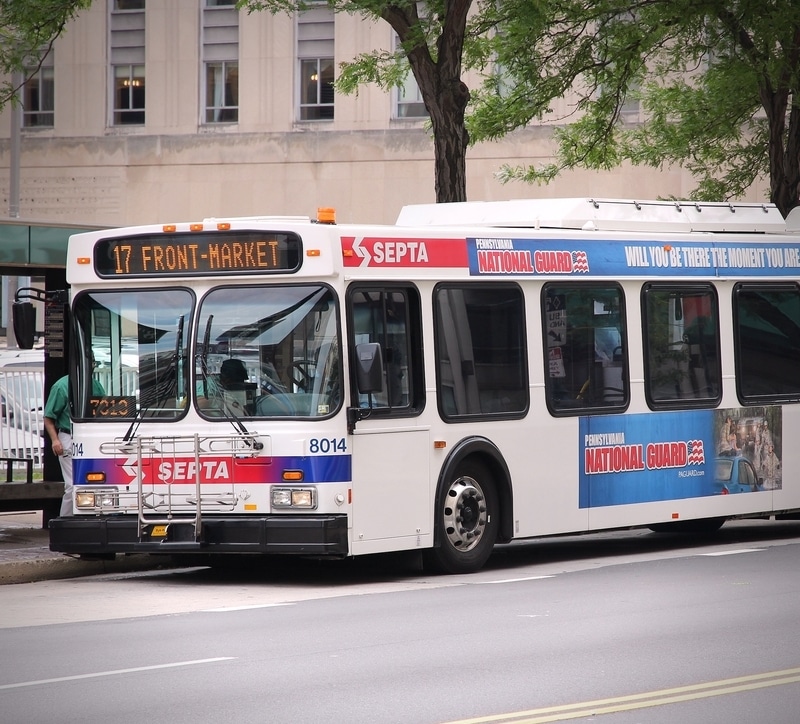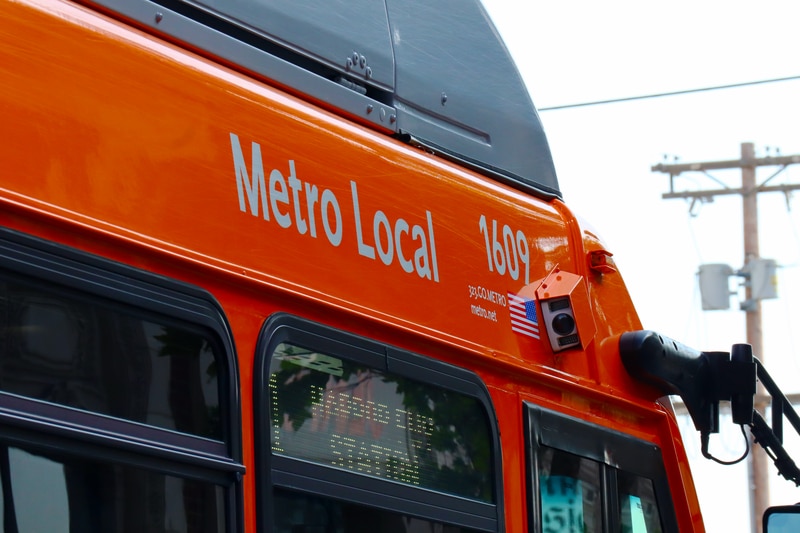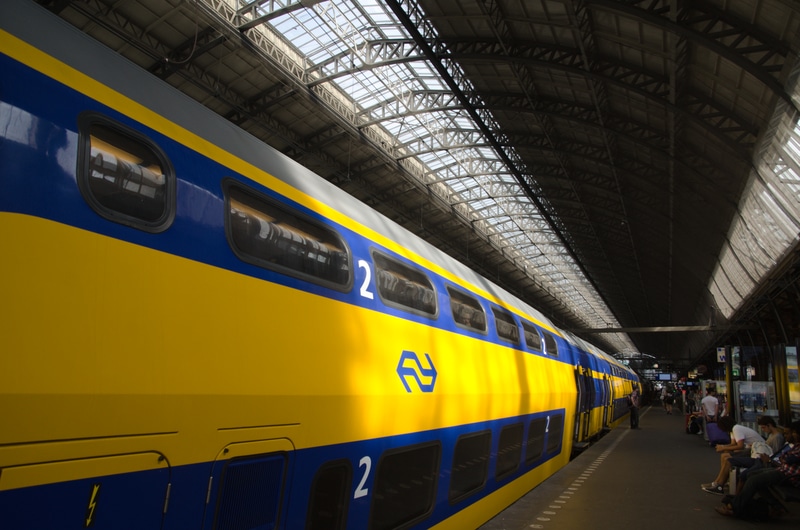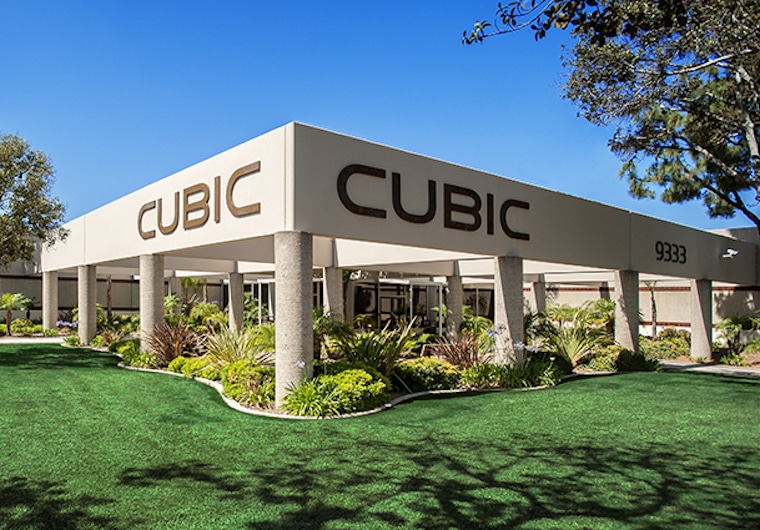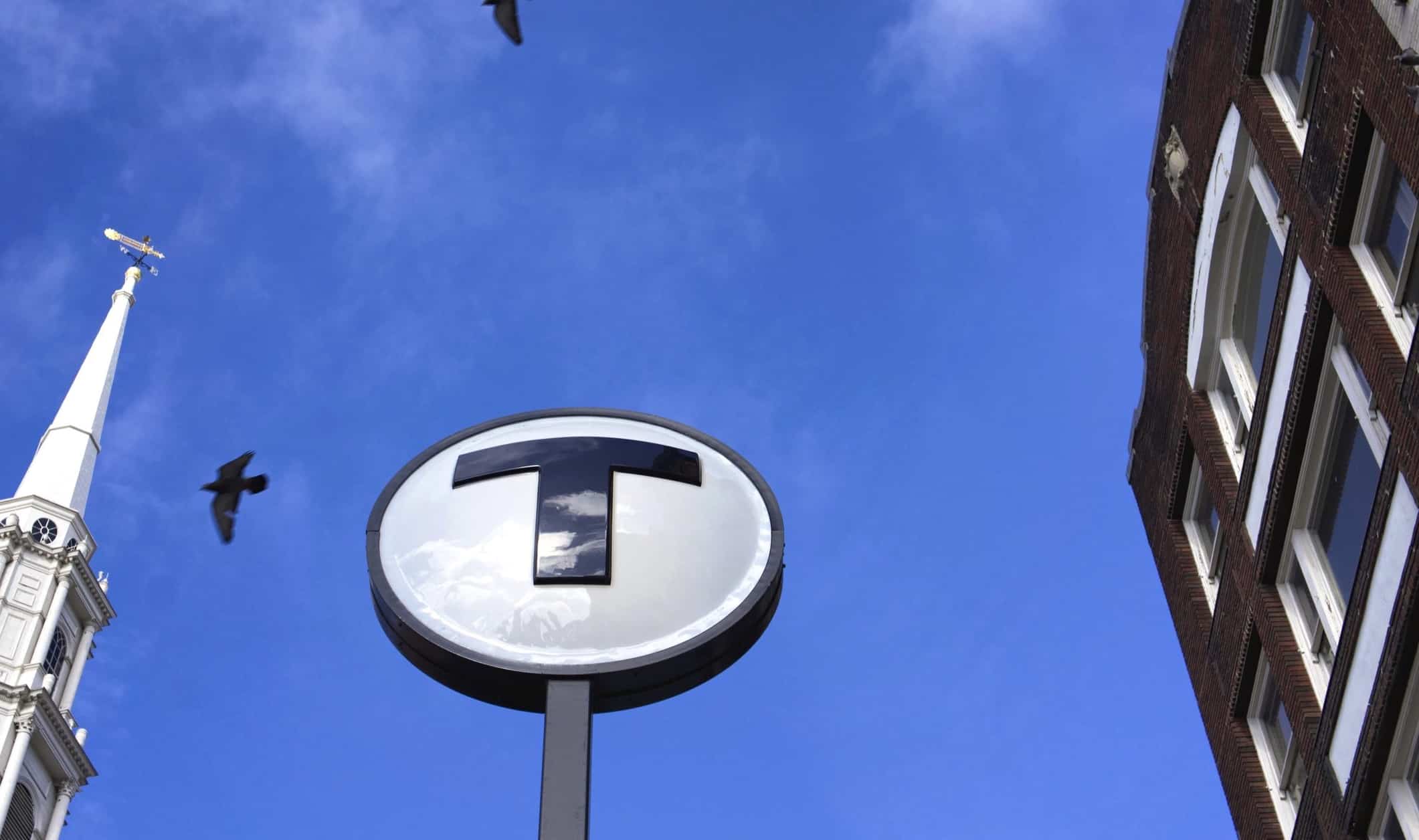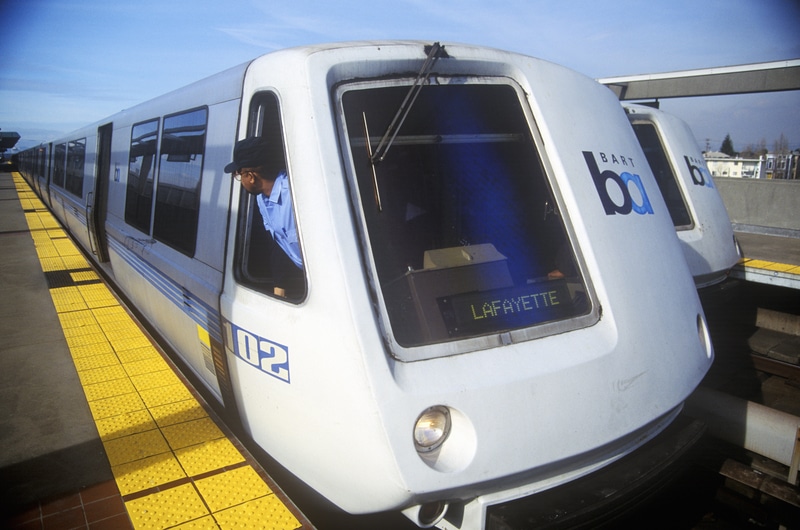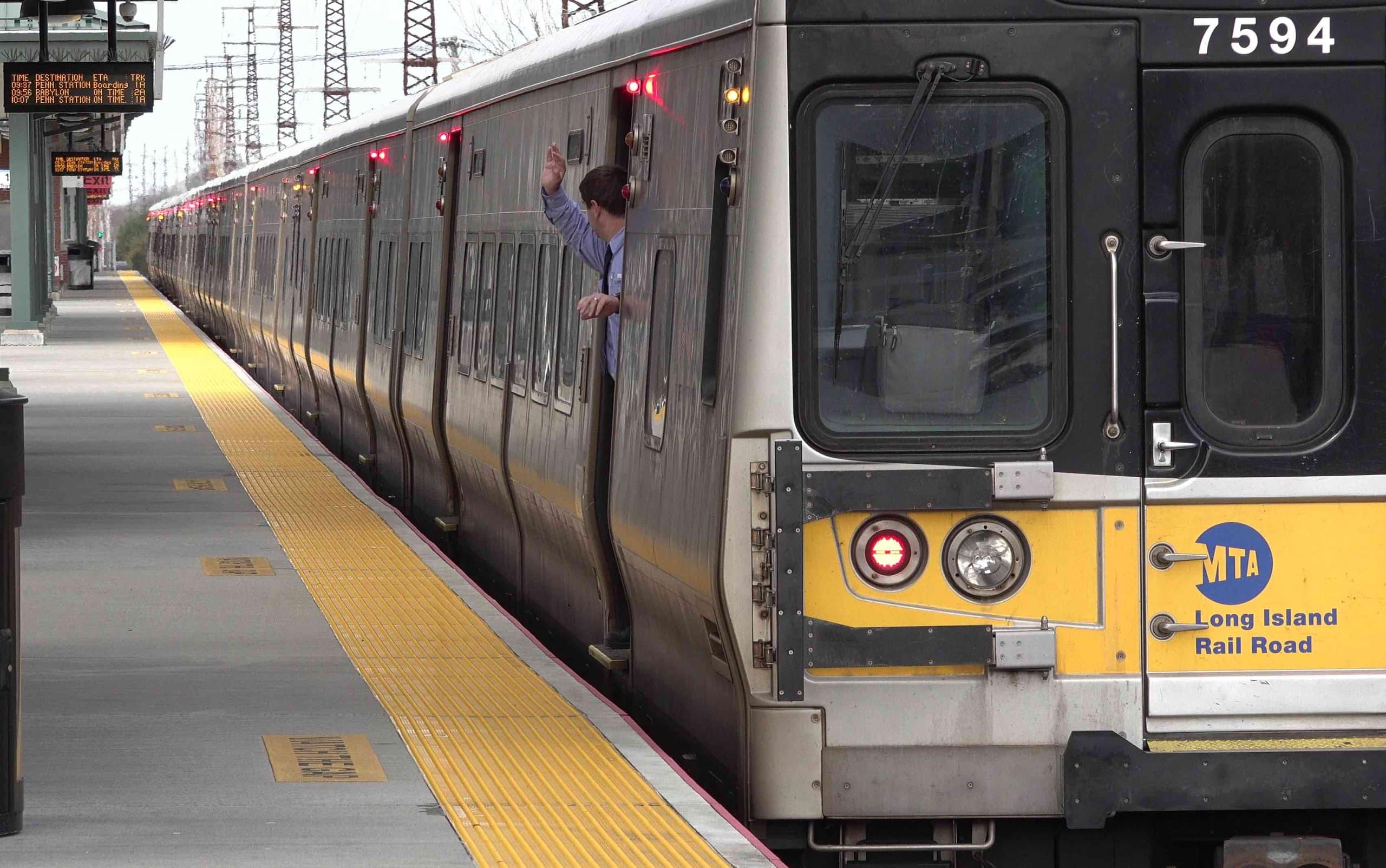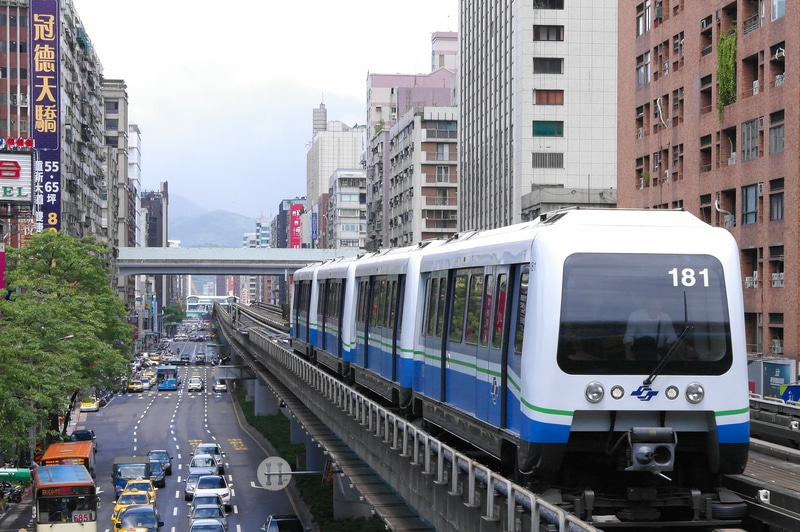
Article Highlights
The head of Taiwan’s largest transit and retail stored-value card contends that open-loop payments will not make a significant impact on the island nation, given Taiwan’s strong closed-loop card programs and the expense of rolling out acceptance for credit cards and credentials. But more Asian markets, including Hong Kong, plan to adopt open-loop payments.
According to Taiwan banking regulator, FSC, of the three main e-purse cards accepted nationwide in Taiwan, EasyCard, iPASS and icash, EasyCard had 76% of the retail sales volume.
• EasyCard (Taiwan)
• Octopus (Hong Kong)
• MTR (Hong Kong)
• KRTC (Kaohsiung)
The head of Taiwan’s largest transit and retail stored-value card contends that open-loop payments will not make a significant impact on the island nation, given Taiwan’s strong closed-loop card programs and the expense of rolling out acceptance for credit cards and credentials.







